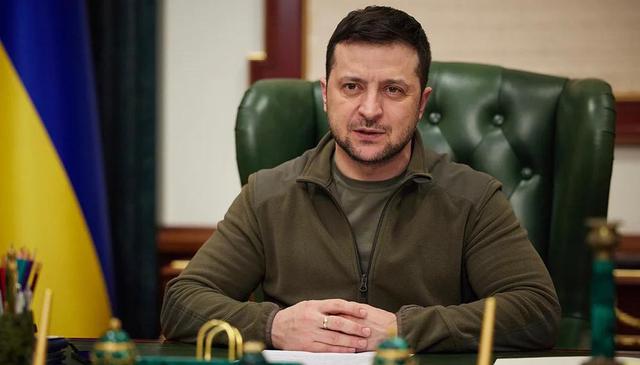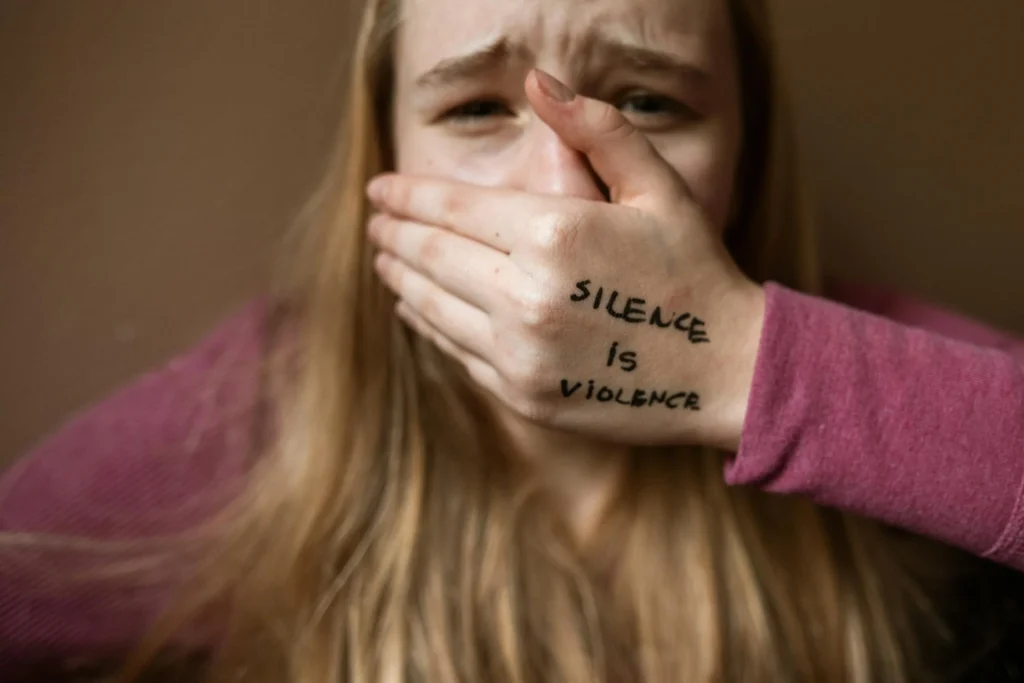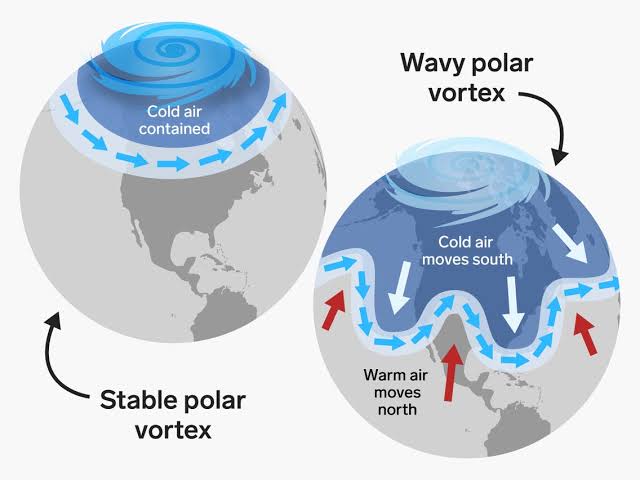Vesti Nedeli, a flagship Sunday news show on Russia 1, one of the most popular TV channels in the country, dedicated nearly half of its airtime, – almost an hour– last Sunday to the developments on the frontline.
Ukraine still centre of attention on Russian state TV as ongoing war hits 6 months

the fighting in Ukraine still remains at the centre of attention on Russian state Television. Vesti Nedeli, a flagship Sunday news show on Russia 1, one of the most popular TV channels in the country, dedicated nearly half of its airtime, – almost an hour– last Sunday to the developments on the frontline.
Dmitry Kiselev, the show’s longtime anchor, assured the viewers that the military campaign is going very much according to plan, and reiterated the mantra that the attack was unavoidable and largely provoked by the West, which had long harboured plans to subdue Russia’s military and economic might.
State television, which remains the main source of news about Russia and the world for over 60% of Russians, is fueling the public support of the military action in Ukraine, which has slightly decreased since March but is still rather strong, according to the Levada Center, Russia’s top independent pollster.
The panic that swept Russia in the immediate aftermath of broad Western sanctions and foreign companies abandoning the country has abated.
The ruble, which lost half of its value against the dollar right after the sanctions, not only rebounded but rose to levels not seen in years. Russia’s economic prospects are far from clear amid crosscutting statistics. Unemployment is down, contrary to many predictions.
The mood in the country overall shifted from an initial shock – people were shocked that the Kremlin sent troops into Ukraine, then shocked by a barrage of unprecedented sanctions and an exodus of Western businesses from the country – to hopefulness that it may not, actually, be that bad, the director of Russia’s top independent pollster Levada Center Denis Volkov told the AP.
People adapted to the new economic situation; deflation replaced inflation,” Volkov said.
However, Nikolai Petrov, a senior research fellow in Chatham House’s Russia and Eurasia Program, echoed Volkov’s sentiment said that the mood is likely to change for the worse down the road – when Russia’s economy inevitably crumbles under mounting challenges and crushes the feeling that Russia came out of the lowest crisis point and things started to get better.
“I think that external factors could play less attention during these six months, but later they will perforce start breaking all this image, and of course the mood in society will change,” Petrov said.
“In this regard, the Kremlin has some time, but time is limited to keep doing what it’s doing. Down the road, people will start asking questions, is it all worth it?” Petrov added.



